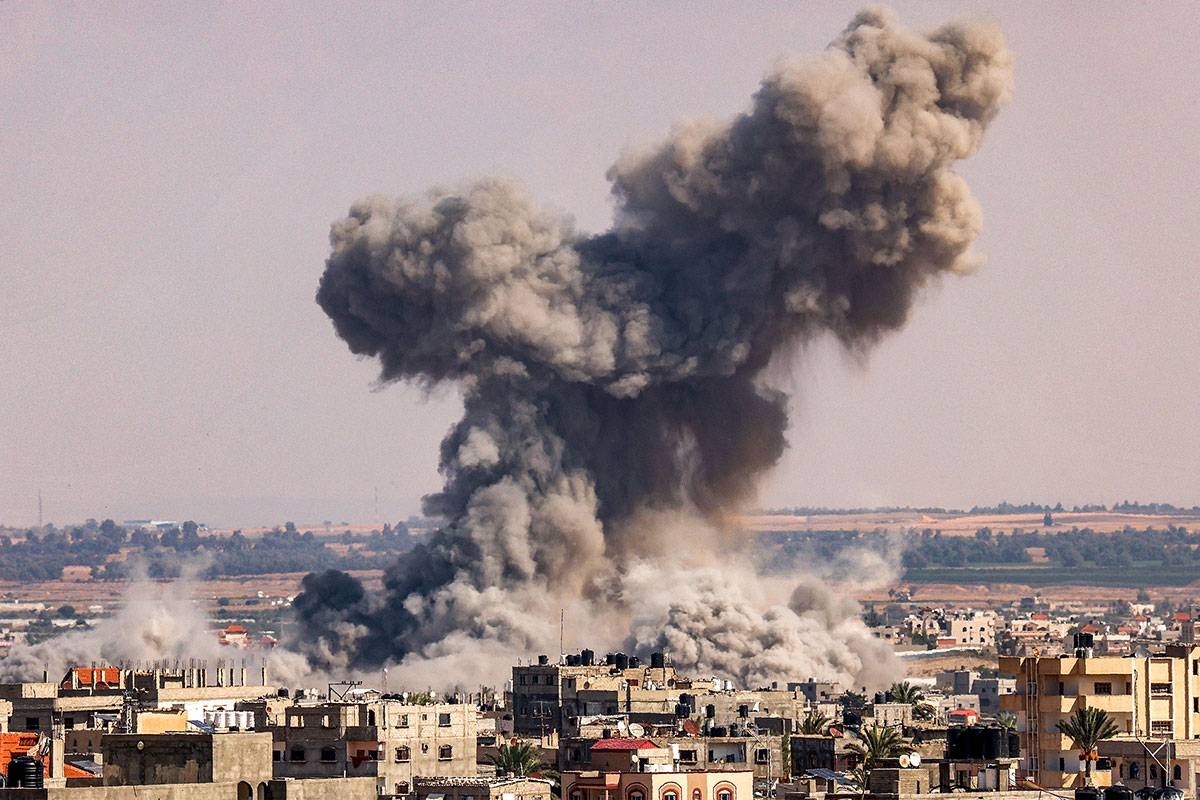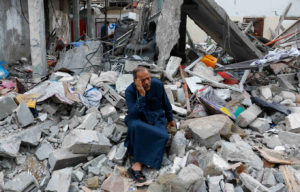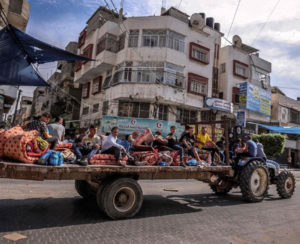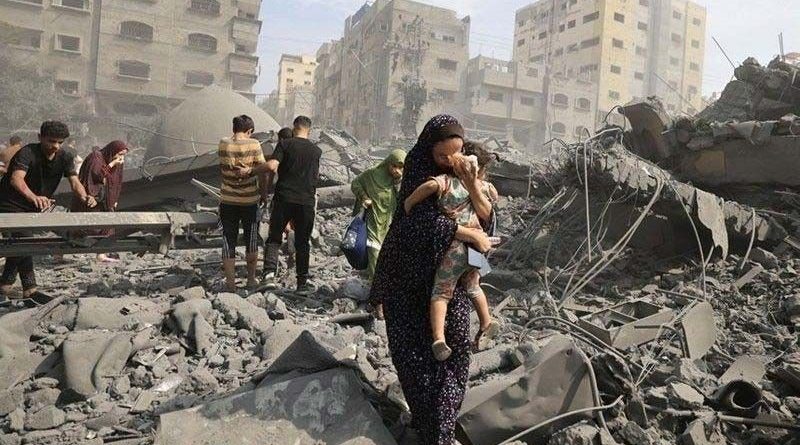HEADLINE-ISRAEL-HAMAS WAR 10.7.23 DAY 14 | Israel conflict claims 4th Filipino casualty

(UPDATE) ANOTHER caregiver was the fourth Filipino killed in the war between Israel and the Palestinian militant group Hamas, Foreign Affairs Secretary Enrique Manalo reported on Thursday.
“I regret to inform the nation that we have received confirmation from the Israeli government of another Filipino casualty in Israel,” Manalo posted on X (formerly Twitter).
Department of Foreign Affairs (DFA) Undersecretary Eduardo de Vega said in a radio interview the latest fatality was among the three Filipinos earlier reported as missing after Hamas fighters attacked Israel on October 7.

.
Manalo did not identify the female caregiver on her family’s request. “But we have assured the family of the government’s full support and assistance,” he said.
The other fatalities were Loreta Alacre, a caregiver from Negros Oriental; Angeline Aguirre, a nurse; and Paul Vincent Castelvi, a 42-year-old caregiver.

In an online interview later Thursday, de Vega said the latest Filipino fatality was from one of the kibbutzim or small Israeli settlements raided by Hamas.
“The Israeli minister did not provide us complete details other than to confirm the fourth casualty. And of course we already condemned the attacks on Israel on our countrymen,” he said.
“The reason why some of them died was because they did not abandon their work, something the Israelis praise [about] our kababayans’ work,” de Vega said.
He said he cannot confirm if the fourth fatality was abducted and then killed, only that “she was one of the three missing Filipinos that we were hoping to find.”
De Vega also said there were no Filipino casualties in the bombing of the Al Ahli Arab Hospital in Gaza which killed over 500 people.
He said all 135 Filipinos in Gaza were waiting to be allowed by Israeli forces to cross the Rafah border to reach Egypt.
The Philippine embassies in Israel, Egypt and Jordan are ready for the “worst case scenario” that might arise from the escalating conflict, he said.
The worst that could happen “is that if our Filipinos in Gaza would not be able to leave,” de Vega said.
.
“But how are we prepared for that? Well, first we are diplomats. So, we have to show optimism. There will be a solution,” he said.
The DFA earlier placed Gaza under the highest alert level of 4 to pave the way for the mandatory repatriation of Filipinos in the besieged Palestinian enclave.
It hopes to pull out all the Filipinos in Gaza before Israeli forces launch a ground assault.
Once the Filipinos are allowed to leave, Philippine agencies will work on their repatriation to the Philippines.
De Vega said the Israeli authorities have repeatedly said the foreigners waiting at Rafah must “be ready” since the border crossing passage could be opened “any day.”
In a statement on the hospital bombing where Hamas and Israeli forces blame the other, the DFA said, “All parties should do their utmost to protect civilians in times of war and armed conflict.”
“We grieve for the hundreds of innocent lives lost in this tragic incident, noncombatants which include medical practitioners, children, the wounded, and displaced individuals, who only sought shelter at the facility,” it said.
.
Hard to leave
Two of the 15 overseas Filipino workers (OFWs) who were repatriated Wednesday said it was hard for them to leave their employers in war-torn Israel.
Kathleen Joyce Tolentino, a former public school head in Tarlac City, has been taking care of a 98-year-old dementia patient in the central part of Tel Aviv since 2019.
During the start of the Hamas attack, the patient’s son asked Tolentino to leave his mother, who has experienced being caught up in previous clashes between Israeli and Hamas.
Tolentino said she decided to leave because she was traumatized by the sounds of sirens every 6:30 in the morning and the explosion of missiles and artillery shells that followed.
“During the bombings, my patient was asleep [because of her condition]. When I’m about to leave, and noticed that I am cleaning the room for the next caregiver, she asked if I’m going on a day-off. She told her son not to allow me. That’s when I broke down in my room that night,” Tolentino said.
She added, “the next day, her son told her to say goodbye. Then she held my face and said, ‘God bless, you take care and I hope you’ll come back’.”
While OFWs who leave Israel cannot go back, Tolentino said she hopes to at least visit her employer’s family someday.
Myline Rivera, who was deployed in October 2022 as a caregiver in the north of Gaza, said she had a hard time telling her patient that she was leaving.
“She knew I went to the Philippine Embassy. It was really hard for me to say that I am leaving. They were really good, and I never had a problem with them. They were very generous,” Rivera said.
It was her patient’s family who explained that she needs to go home to the Philippines.
Tolentino and Rivera are among the first batch of OFWs who requested repatriation from Israel to escape the worsening conflict.

@[email protected]
.


 Memento Maxima Digital Marketing
Memento Maxima Digital Marketing






